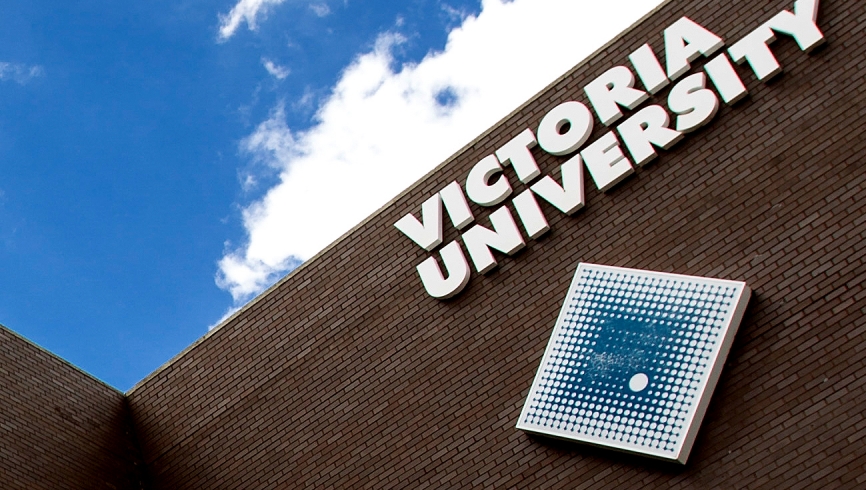Victoria University’s vice-chancellor is pushing for a “third way” on university funding to break the current political impasse.
The proposed model comes as the federal government’s bid to deregulate university fees appears doomed to failure with a hostile crossbench likely to shoot it down in the Senate.
VU vice-chancellor Peter Dawkins is critical of the government’s proposal for full-fee deregulation but also warns against returning to a tight control over fees and student numbers.
In a working paper published on Monday, co-produced with Dr Janine Dixon, Professor Dawkins argues that the most promising way forward is a two-part package incorporating “a taper model” of government subsidies with a beefed-up Higher Education Participation Program (HEPP) that includes scholarships for all low socio-economic-status students.
“What is required is a ‘third way’ incorporating some degree of price flexibility and an enhanced equity package while retaining the demand-driven model,” the paper said.
The paper notes that in the proposed taper model, subsidies are reduced as universities increase their fees above a threshold level.
“Those providers charging the highest prices would receive the lowest subsidies. This approach has emerged as the most promising avenue to pursue.”
Professor Dawkins said modelling suggested this approach would significantly dampen fee rises compared with the fully deregulated model while allowing sufficient extra funding for universities.
“It will also free up substantial resources to implement the second part of the package – a greatly enhanced equity and participation package,” he said.
The federal government’s higher education package was initially expected to save $4 billion over four years, but new concessions announced on Monday, including a postponing of the proposed 20 per cent funding cut, would instead cost an estimated $1.3 billion in the same period.
The paper argues against a 20 per cent cut, proposing a far more modest five per cent reduction under the taper model.
“It is our view that to undertake a cut of 20 per cent alongside a very significant reform program would place undue strain on the system,” it stated.

















